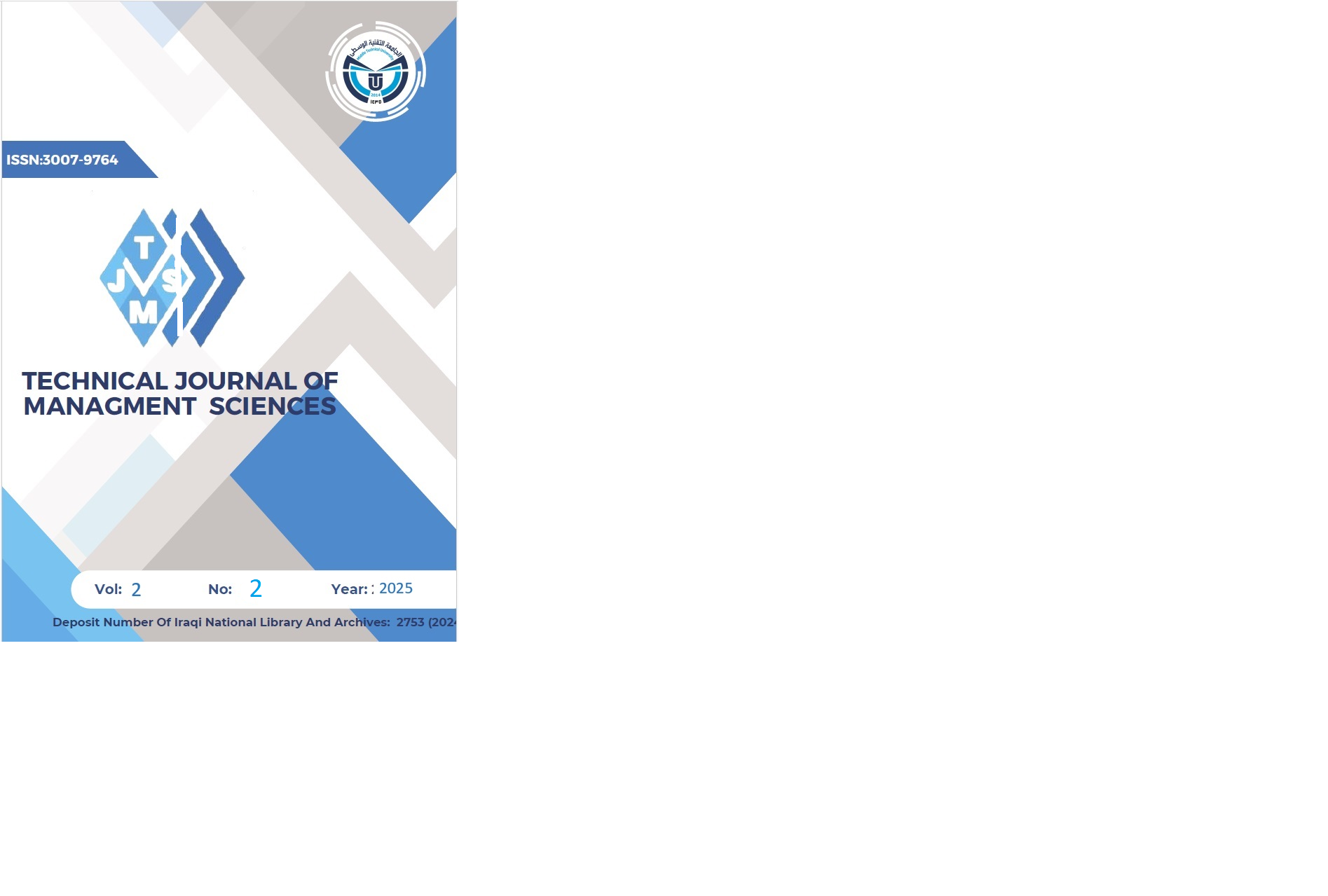Abstract
This research is specifically conducted to inspect the influence of ownership structure and board features on the profitability of samples of Iraqi private sector banks, which are listed on the Iraq Stock Exchange for the period between 2011 to 2020. A number of hypothesis are designed to observe the impact of ownership structure on the performance of commercial banks. Specifically, the influences of a set of independent variables including the ownership concentration (major shareholders), institutional ownership and managerial ownership is evaluated on the profitability of selected banks. Using the Q-Tobin ratio, the results demonstrate a negative correlation between the ownership concentration and the bank’s profitability. However, the institutional ownership has remarkably influenced the return on assets, return on equity, and product expansion. Managerial ownership has an encouraging influence on return on assets but a negative influence on profitability specified by the Q-Tobin ratio. Furthermore, the board characteristics including the size of bank, leverage ratio, revenue growth rate, asset growth rate, and bank age, are all ascertained to have an impact on the bank’s profitability. These outcomes propose that ownership structure plays a critical role in shaping bank performance, and policymakers should make intensive efforts to enhance the institutional ownership and optimise ownership concentration to augment bank efficiency and profitability.
Keywords
Ownership Structure; Bank Profitability; Institutional Ownership; Managerial Ownership; Board Characteristics.
